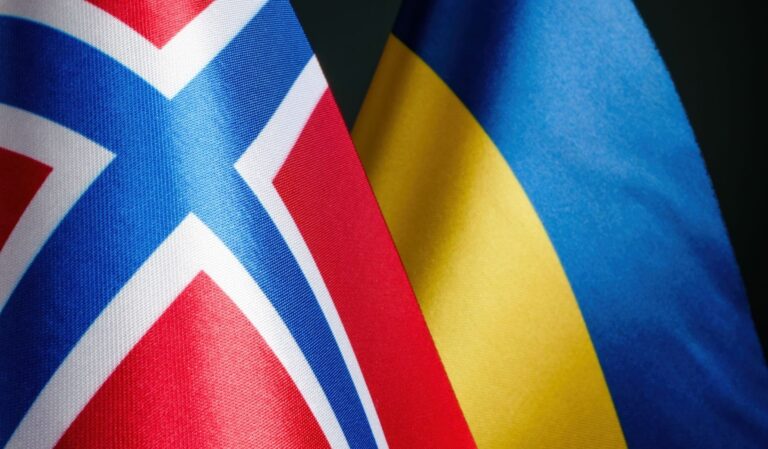Numbers of asylum seekers from Ukraine continue to grow. Here's UDI's plan for dealing with the situation.
Since the Russian invasion began, more than 63,000 Ukrainian refugees have sought shelter in Norway, creating an unprecedented challenge for the nation's refugee processing and settlement system.

In a recent press release, the Norwegian Directorate of Immigration (UDI) has recognised the need to boost the refugee reception capacity by nearly 3,000 places due to the increasing numbers of Ukrainian arrivals.
The Directorate of Integration and Diversity (IMDi) also highlighted the necessity to step up the settlement rate.
A surge in arrivals from Ukraine
Remarkably, over the past month, there's been a significant surge in arrivals with well over 1,000 displaced Ukrainians arriving each week.
Two-thirds of these refugees are believed to have come directly from Ukraine, while about one-third had stayed in another European country before heading to Norway.
“Norway is the Nordic country with the highest number of arrivals from Ukraine. In the last four weeks, about 60% of all Ukrainians who arrived in the Nordic region have chosen Norway as their destination,” stated Frode Forfang, Director of UDI.
Reception capacity to increase
The current situation means the National Arrival Center at Råde is working at high capacity. The UDI is monitoring the situation closely and taking measures to expand reception capability.
“As a consequence of the increased arrivals, we will establish between 2,500 and 3,000 additional places shortly. Some new emergency accommodations will be set up, and we will postpone the plans to close down certain existing emergency accommodations. There might be a further need to increase the number of places quickly if the arrivals continue at the current rate,” Forfang explained.
IMDi Director, Libe Rieber-Mohn emphasised the exceptional effort by Norway’s municipalities in housing a vast number of Ukrainian refugees in such a short period: “Given the rise in arrivals, the settlement pace must be further increased to prevent more people from staying longer in the reception centres.”
A provisional estimate set by the National Committee for Reception and Settlement of Refugees indicates the need to settle 35,000 refugees in 2024, but this number might fluctuate depending on future arrivals.
An unprecedented situation
Emphasizing the critical phase post-settlement, Rieber-Mohn commented: “It's unprecedented in Norway to settle so many refugees in such a short time.”
She also explained that settlement is only the beginning of the integration process: “To succeed in integrating so many, so quickly, it's crucial that as many as possible enter the workforce. This ensures financial independence and facilitates learning Norwegian, benefiting both the individual and society at large.”
The transition to employment is pivotal for the large number of Ukrainians who arrived in 2022 and the first half of 2023, many of whom are currently participating in introductory programs.
A significant number will complete these programs in the coming autumn and are expected to join the workforce.

